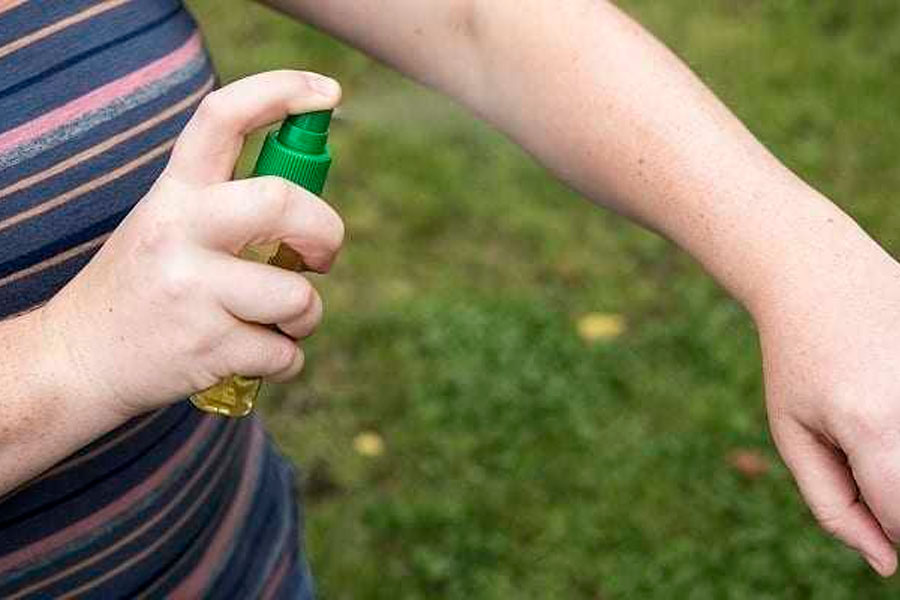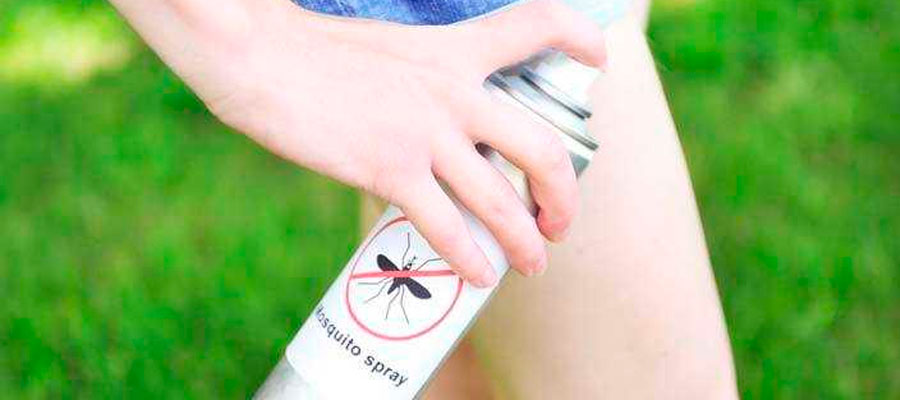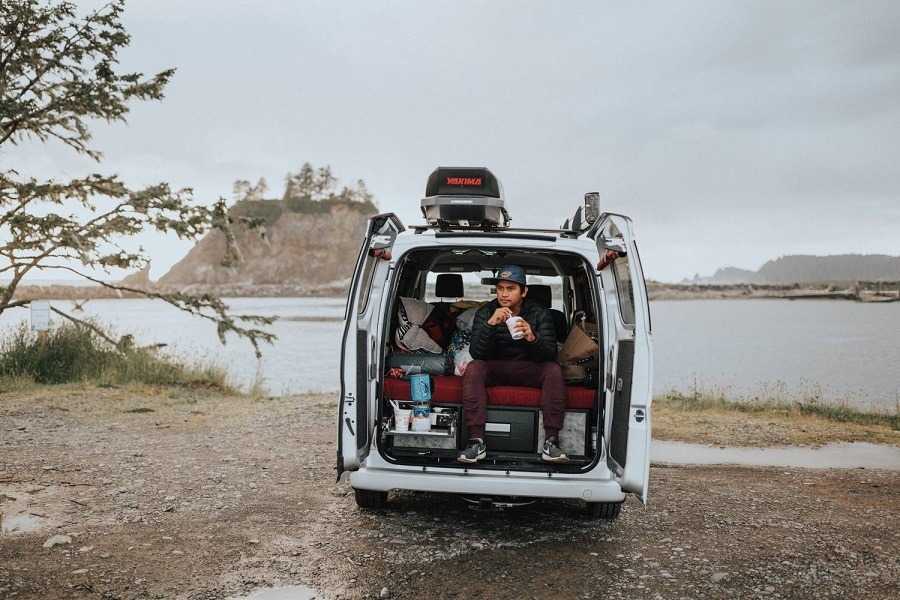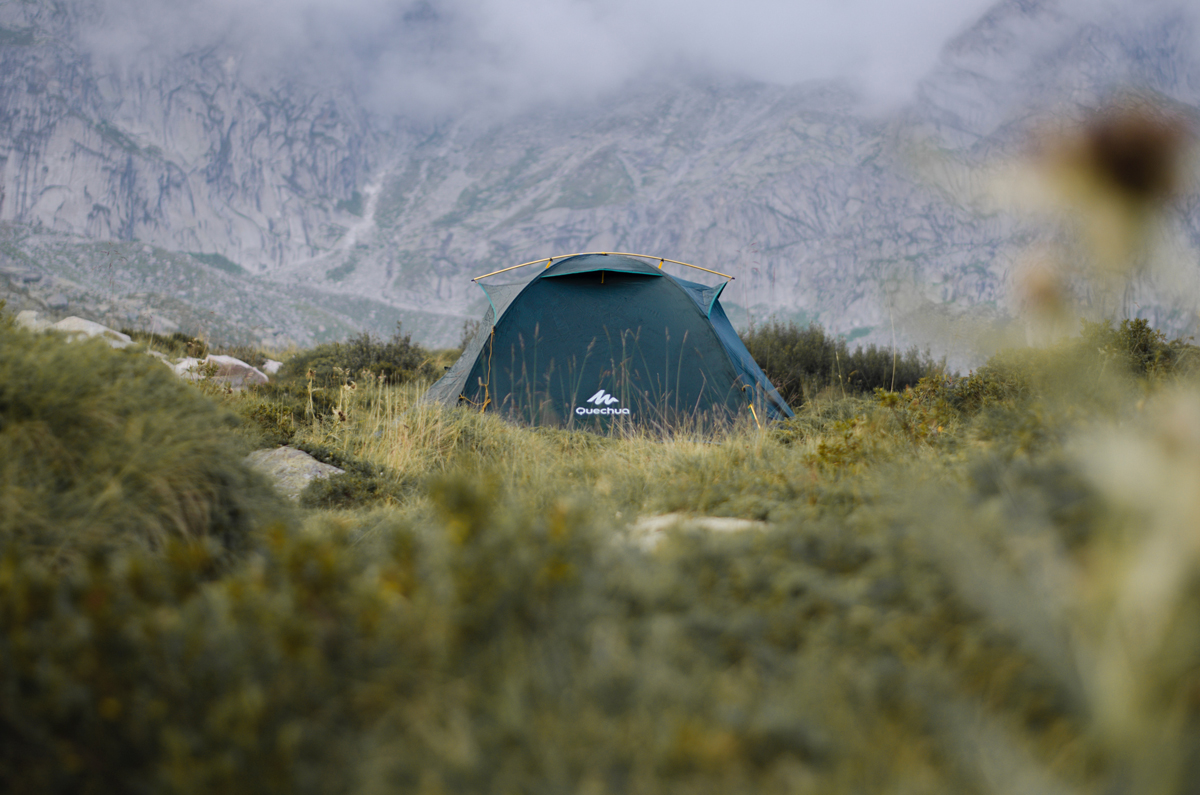Phone
+1-650-666-095
Contact E-mail
[email protected]
Address
16192 Coastal Hwy, Lewes, DE 19958-3608
How To Get Rid Of Insects At Your Campsite


If there’s one thing that can put a burden on a camping trip it’s insects, and although we know we’re venturing into the great outdoors where they live, it can still be an annoyance to find them at every turn when you’re at your campsite. Mosquitoes, ants, bugs, and more can be lurking wherever you look, getting into our bedding, and even biting us when we’re unsuspecting.
There are all kinds of flying bugs and creepy crawlies that live in the great outdoors, and as people who love to get out into nature, it’s just one of those unfortunate things that we have to put up with. However, there’s no need to suffer much longer as we’ve found some of the best ways to keep insects away and a whole range of tips you can try on your next camping adventure.


The Most Common Insects Found At Campsites
When you’re planning a camping trip there are some things that are just expected and bugs are definitely one of them. No matter how hard you try to go during a certain season or pick an area that seems like it isn’t overrun by insects, the fact is you’re still venturing into their territory so you can expect to see quite a lot. These are the most common insects found on camping trips and just how annoying they can be.
- Mosquitoes – The number one pesky insect of all, mosquitoes are found at almost every camping ground across America. Not only do they bite and cause an annoying itchy lump for a few days after, but they can even carry serious diseases like West Nile Disease which is the most common in the US.
- Ants – There are so many different types of ants and you’ll surely encounter at least a few of them on camping trips. Most ants will bite, and there are varying degrees of pain depending on the species, so keeping them away is essential.
- Ticks – Ticks can pose a very serious threat to campers and their pets, and they can be hard to detect until you start feeling worse for wear. They love the woods and can carry cause severe infections like Lyme Disease.
- Wasps and Bees – You might not spot wasps, bees and other stinging insects at every campsite, but it’s still essential to prepare yourself. If you’re traveling with anyone who’s allergic to their stings you’ll need to be extra vigilant and prepare yourself for the worst-case scenario.
The Best Products For Keeping Bugs At Bay
There are two main options when looking for how to repel bugs while camping, and these come in the form of physical barriers and chemical barriers. Physical barriers are those which you place to physically prevent the insect from coming near, whereas chemical includes things like bug spray for camping that throw them off the scent. Many people like to use a combination of both and find this is the most effective method for keeping them at bay.
Physical Barriers
The main options for physical barriers for bugs are relatively simple to use and will have a great effect. Firstly, a camping mosquito net can be placed around the tent or sleeping space to keep these and other insects away at night. Secondly, wearing protective and long clothing prevents your skin from being exposed to attack. Finally, you might like to use a solar powered bug zapping light or bug strip that stops them before they get to you.
Chemical Barriers
There are countless options for bug sprays now on the market, with both natural options and harsher chemical sprays available. Camping mosquito repellent is a must-have for any trip and should be applied liberally to all members of the family, their skin, and clothes. There are some natural remedies like citronella which can be burned in a lantern or candle, or applied in a specialized oil made for the skin.


Tips For Keeping Bugs Away
If you’re looking for a few extra tips on how to keep mosquitoes away when camping or preventing ants from entering the tent you’re sleeping in, we’ve got you covered. Here are some things you can do to keep yourself bug-free and happy.
- Always keep food covered and be sure to remove any crumbs from the area completely. These can attract ants, flies and other larger animals to your campsite.
- Wear dark clothing when you’re in the woods as this can help to disguise you from mosquitoes and other bugs.
- Have a routine check of all family members twice a day to ensure there are no ticks anywhere, and pack tweezers in your medical kit in case you need to remove one.
- Choose a camping site that’s higher than usual and one that’s especially dry, as bugs love the damp and moist conditions on the ground.
- If you can find a waterproof bug spray this is your best option because it will stay on even when you bathe, swim or sweat and keep you covered.
- Bring some sage sticks and add one to your campfire each night to help ward off any insects that might come around in the evening time.
Don’t Let A Few Bugs Ruin Your Adventure
The essential motto for camping is surely ‘be prepared’ and that’s exactly what you need to do in regards to insects at the campsite of your choice. Preparation is key to keeping them away, and whether you want to use sprays, nets, candles, lights or protective clothing, the more you can do the better.
Not only can insects be an annoyance and sometimes even painful, they have real potential to do serious damage. Keeping yourself and your family covered is the smartest thing to do when planning a camping trip, regardless of where you’re hoping to visit or at what time of the year.
Resources:




